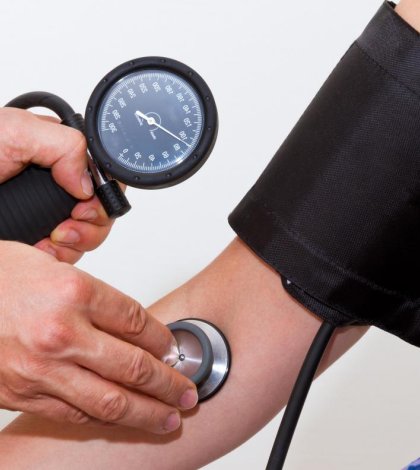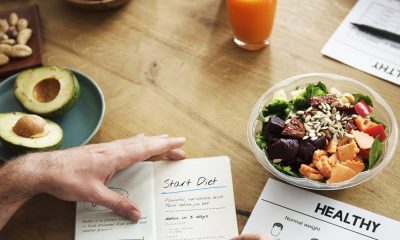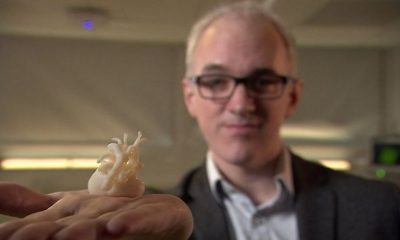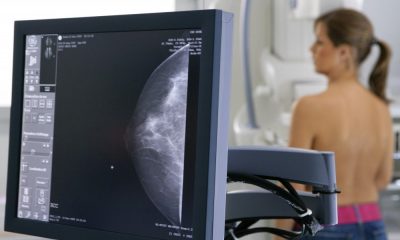High blood pressure or hypertension is becoming increasingly common due to a fast paced lifestyle. With the invention of new technology, work is getting done much faster than it was earlier. Instead of getting more time to relax, people are expected to achieve much more and competition gets tougher and tougher with every day. Another problem with this fast paced life is that people have started to rely a lot on fast food and unhealthy eating habits. All these can lead to all kinds of pressure problems.
What is High Blood Pressure?
High blood pressure is also called High BP or Hypertension. It is a condition in which the rate of the blood pressure flowing through the arteries is elevated. This condition can lead to a number of heart and artery problems. People suffering from high BP are also at the risk of developing kidney diseases, strokes and aneurysms.
Common Signs
It is not always very easy to detect high BP. However, there are a few common symptoms which you should look out for. These include an irregular heartbeat, chest pain and tiredness. Some people may even start to experience a nosebleed and show signs of confusion. In all these cases, it is essential to visit a doctor immediately and get your blood pressure levels checked. The earlier it is diagnosed, the easier it is to keep the blood pressure under control.
How Can You Prevent Hypertension?
Your diet is the best way to help you control hypertension. There are certain kinds of foods which should be incorporated into your daily diet in order to control your blood pressure levels. These foods include green tea, tomatoes, celery and soy. If you have these foods regularly, your levels often get stabilized or the BP rate reduces.
Just like how you should incorporate certain foods into your diet, there are also certain foods which you should cut down on or stop altogether. People suffering from high BP are usually advised to cut down on their salt intake. Fast food and junk food are also a big no-no. These foods are major contributors to this condition.
Try to follow a healthy lifestyle by eating a healthy diet and cutting down on restaurant and junk food. Exercise on a regular basis is also essential. In addition, always remember to get regular check-ups so that you and the doctor can keep a track on your pressure levels.





















